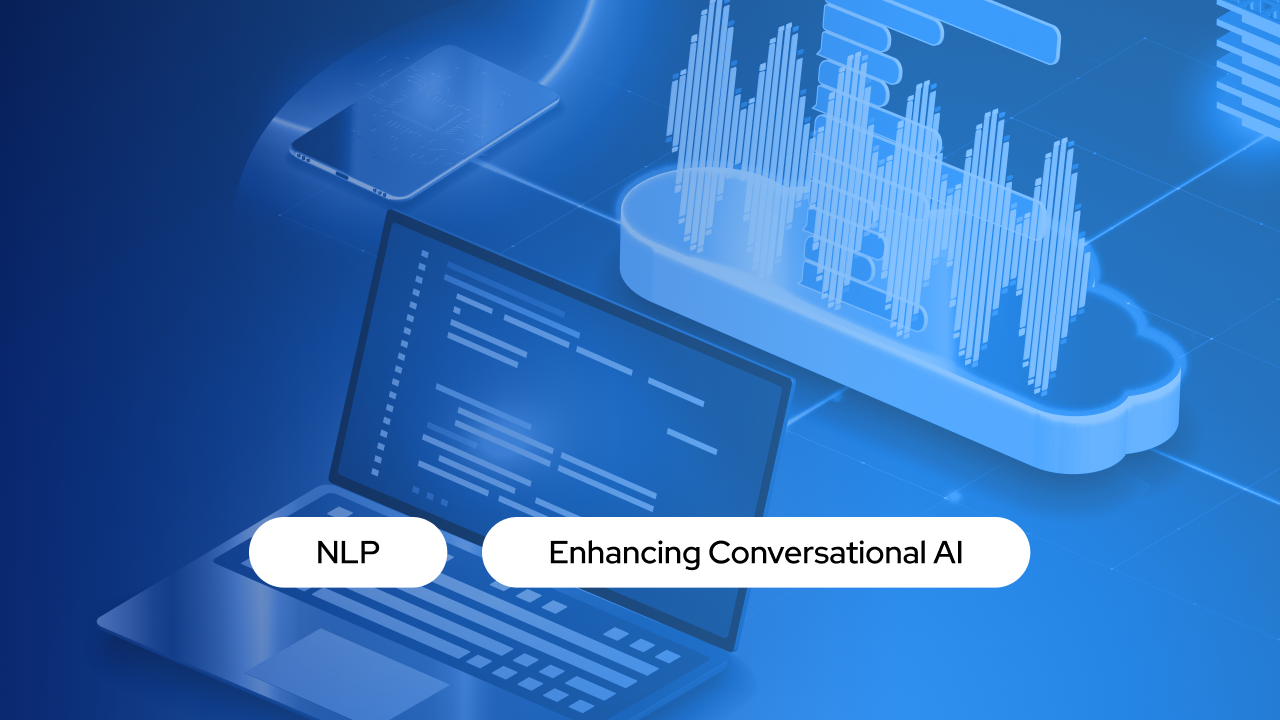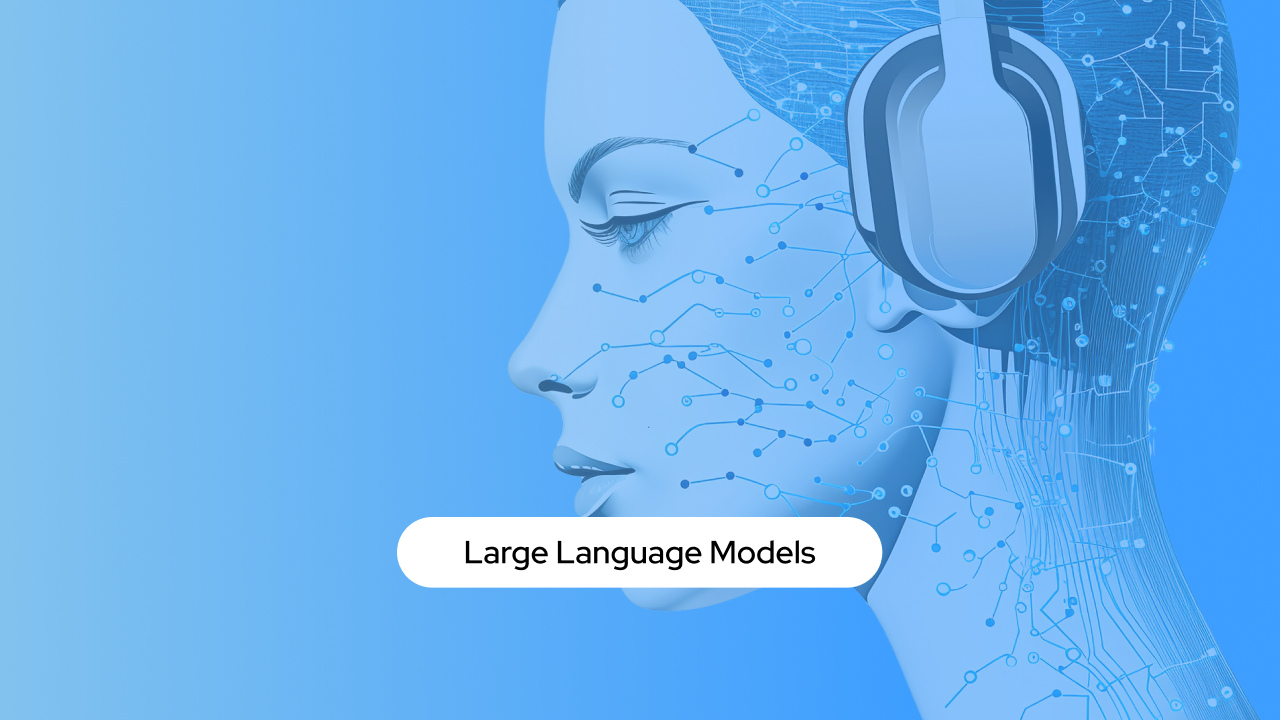Implications of AI regulation for Businesses (EU AI Act)

Key Points
- EU AI Act Rollout: The EU AI Act, introduced by the European Commission, focuses on regulating AI use across all sectors within the EU.
- Global Influence: The Act affects businesses worldwide, impacting any entity that develops, deploys, or uses AI technologies.
- Risk-Based Framework: The AI Act classifies AI systems by risk levels, applying specific regulations to ensure ethical usage and safety.
- Compliance and Innovation: Businesses must comply with new regulations, especially for high-risk applications, while also leveraging opportunities for innovation through supportive measures like regulatory sandboxes.
Introduction to the EU AI Act
In an era marked by rapid digital transformation, the European Commission took a pioneering step by introducing the AI Act in April 2021. This legislation, part of a comprehensive AI package that includes the Coordinated Plan on AI and the Communication on fostering a European approach to AI, is designed to ensure that AI systems are used safely and responsibly within the EU. It addresses the potential risks and challenges posed by AI across various domains.
Objectives of the EU AI Act
The AI Act aims to enhance the governance and enforcement of laws concerning fundamental rights and safety to promote the ethical development, deployment, and use of AI. It introduces stringent requirements for high-risk AI systems and aims to facilitate a Single Market for AI, aiming to reduce market fragmentation and the administrative and financial burdens for businesses. The overarching goal is to establish the EU as a trustworthy global leader in AI innovation.
Global Context of AI Regulation
The regulatory landscape for AI is evolving globally:
- G7 Initiatives: The Hiroshima Artificial Intelligence Process saw G7 officials draft principles aimed at promoting the safety and trustworthiness of AI technologies.
- US and China Developments: The US has issued orders targeting intellectual property rights and safe AI use. Conversely, China is relaxing its regulations on cross-border data transfers and drafting comprehensive AI legislation.
- International Collaborations: The EU has enhanced its digital cooperation with Japan and South Korea, and global organizations like the United Nations have adopted resolutions promoting safe AI practices.
Distinctions Between the EU AI Act and GDPR
The EU AI Act is distinct from the General Data Protection Regulation (GDPR), which focuses on data privacy. The AI Act provides a regulatory framework specifically for AI technologies, focusing on their safety and ethical use. However, AI systems that process personal data must comply with GDPR standards, ensuring businesses must be vigilant in their compliance with both sets of regulations.
Detailed Provisions of the EU AI Act
The AI Act introduces a risk-based regulatory framework for AI systems, categorized into four types:
- Unacceptable Risk: AI systems that pose unacceptable risks, such as real-time remote biometric identification in public spaces without exemptions, are banned.
- High-Risk: Systems with significant implications for health, safety, and rights are subject to stringent requirements, including mandatory risk assessments and human oversight.
- Limited Risk: Systems like chatbots must clearly disclose their AI nature to enable informed user interactions.
- Minimal Risk: The majority of AI applications, such as AI-enabled video games and spam filters, are subject to minimal regulatory burdens.
Governance and Implementation
The AI Act's governance framework includes:
- EU AI Office: Monitors and enforces AI regulation, develops guidelines, and promotes international cooperation.
- AI Board: Ensures consistent application of the AI Act across the EU, offering guidance and support to national authorities.
- Advisory Forum and Scientific Panel: Provide technical and scientific advice to support the implementation and enforcement of the Act.
Legislative Process and Latest Updates
The legislative process has seen the Council and the European Parliament adopt positions that refine the scope and application of the AI Act. Key discussions have focused on prohibited AI practices, high-risk classifications, and fostering innovation while ensuring safety and compliance.
Business Implications and Compliance Strategies
The AI Act has significant implications for businesses:
- Risk and Compliance Management: Businesses must assess whether their AI systems fall under the high-risk category and undertake compliance measures to meet stringent EU standards.
- Innovation and Market Opportunities: The Act encourages innovation through regulatory sandboxes, which allow companies to test AI technologies under regulatory oversight.
- Operational and Financial Impact: Compliance costs for high-risk AI systems could be substantial, affecting operational budgets and financial planning.
Strategic Actions for Businesses
Businesses must take proactive steps to align with the AI Act:
- Risk Assessment: Evaluate AI systems for compliance with the AI Act’s risk categories.
- Engagement with Regulatory Bodies: Participate in consultations and adhere to guidelines issued by the EU AI Office and AI Board.
- Code of Conduct: Develop internal policies and practices that reflect the high standards required for AI systems under the Act.
Conclusion
The EU AI Act is a landmark regulation that sets the stage for the responsible and ethical use of AI technologies. As it moves towards full implementation, businesses must stay informed and engaged with the evolving regulatory landscape to ensure compliance and capitalize on the opportunities presented by a more regulated AI environment. This proactive approach will not only mitigate risks but also enhance trust and reliability in AI applications across industries.




